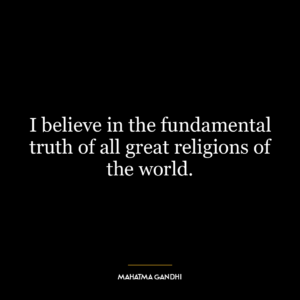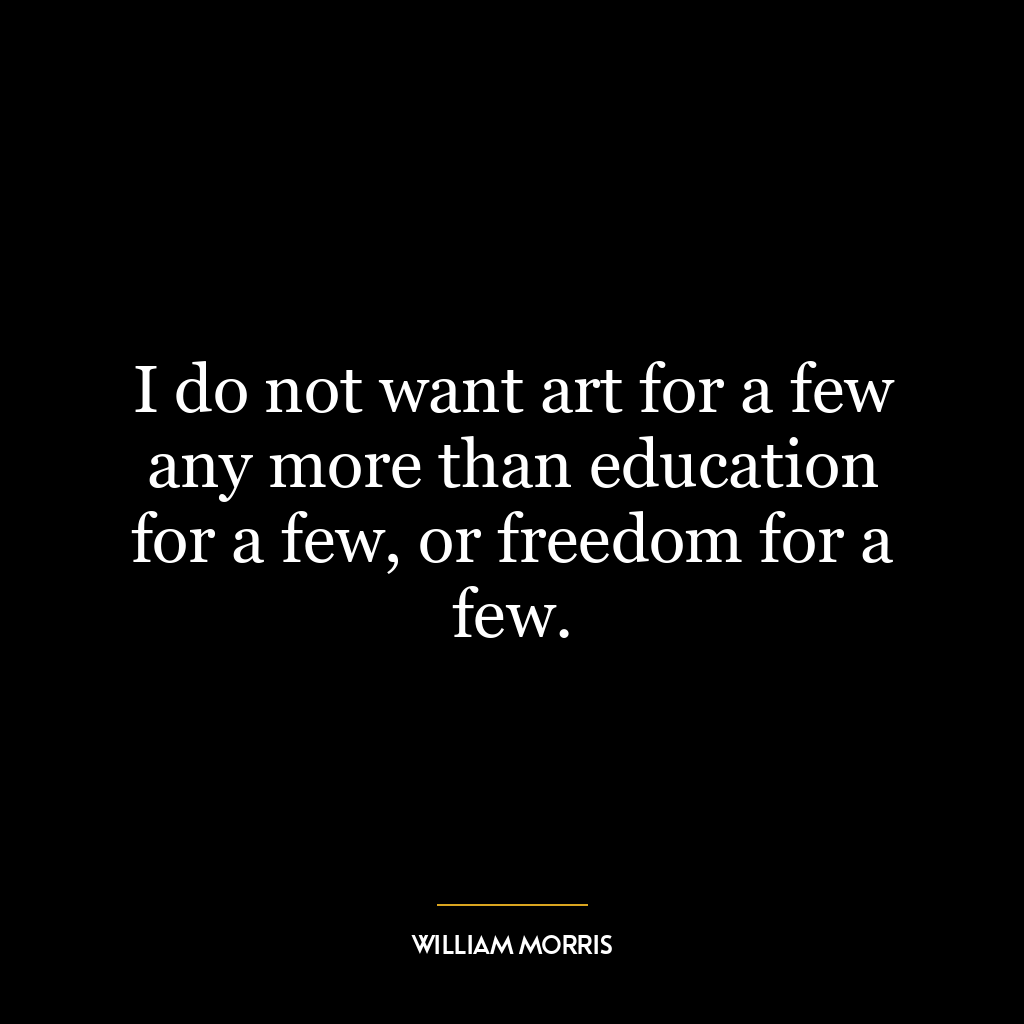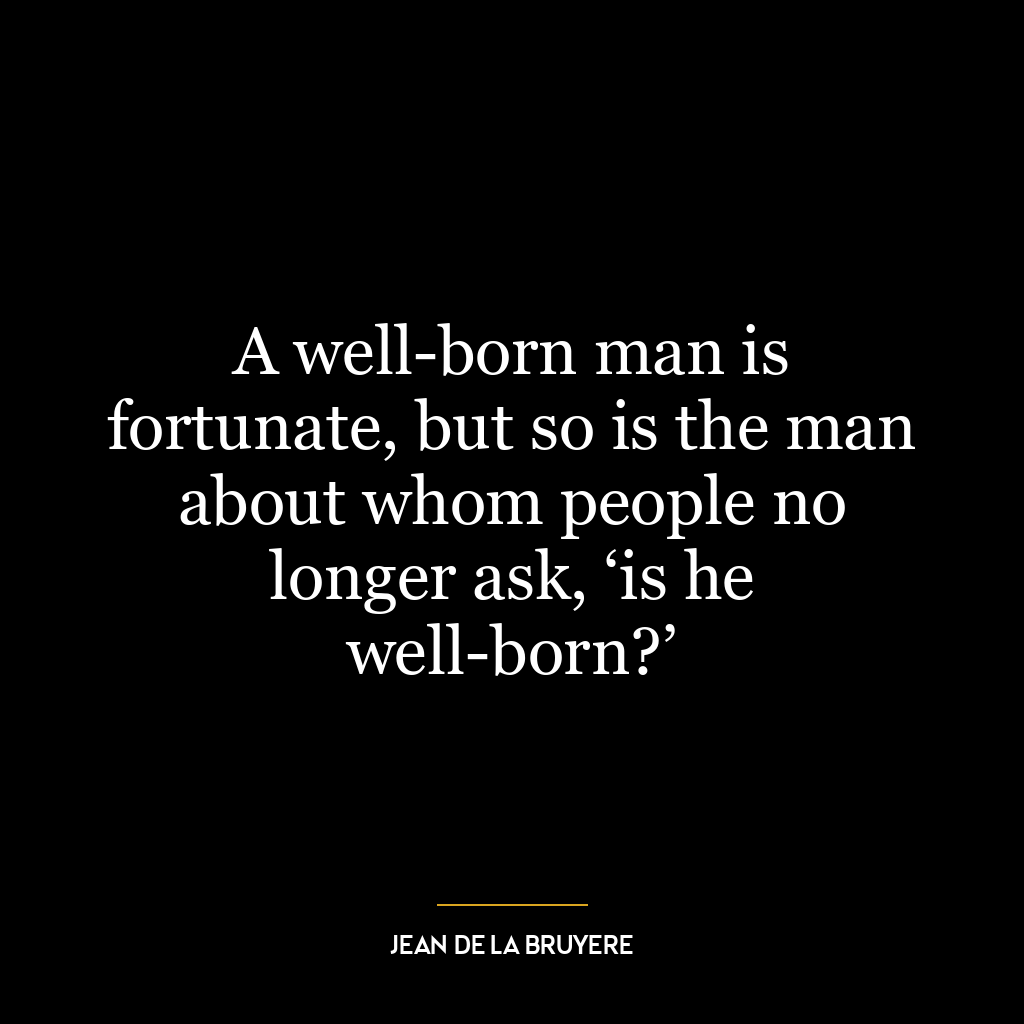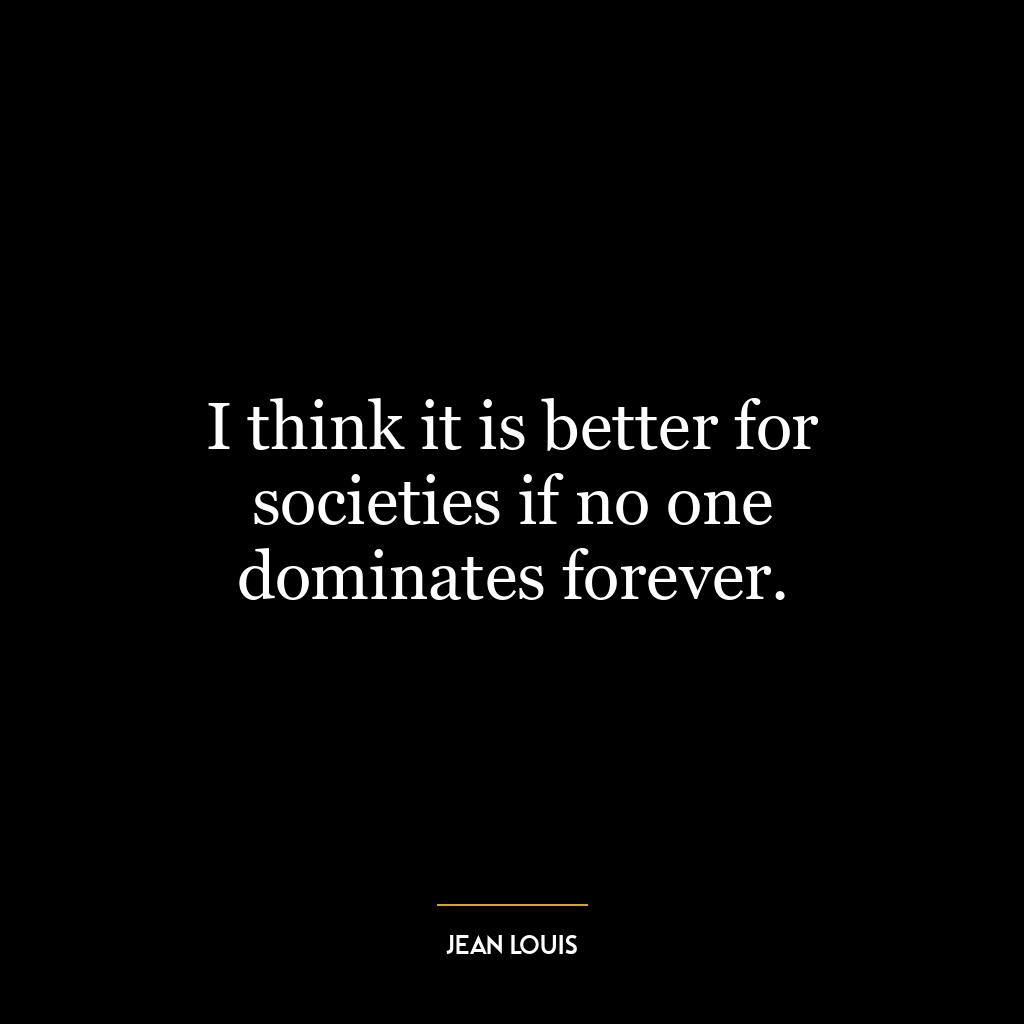I would far rather that Hinduism died than that untouchability lived.
This quote is a powerful statement about the value of human dignity and equality over religious dogma or tradition. The term ‘untouchability’ refers to a social practice in India where certain individuals, due to their low caste status, were deemed ‘untouchable’, thus facing severe discrimination and social exclusion. When Gandhi says he would rather see Hinduism (the religion that traditionally sanctioned this practice) die than untouchability live, he is essentially prioritizing human rights and dignity over rigid adherence to religious customs.
The depth of this quote lies in its universal applicability beyond the specific context of Hinduism or untouchability. It underscores the need for any belief system – whether it’s a religion, political ideology or cultural tradition – to evolve with time and adapt itself to uphold basic human rights.
In today’s world, this idea can be applied in various ways. For instance, it could be seen as an argument against hate speech hidden behind freedom of expression; against discriminatory practices justified by cultural traditions; or against oppressive laws veiled under national security interests.
In terms of personal development, it encourages us to critically examine our own beliefs and attitudes that may inadvertently perpetuate inequality or prejudice. Are there aspects within our belief systems that diminish others’ dignity? If so, we must challenge these beliefs no matter how deeply ingrained they are because respect for humanity should always take precedence.
Ultimately, Gandhi’s quote teaches us that no institution – religious or otherwise – should be allowed to continue if its existence means perpetuating injustice or inequality among people. This message remains relevant as societies continue grappling with issues like racism, sexism and classism among others.










